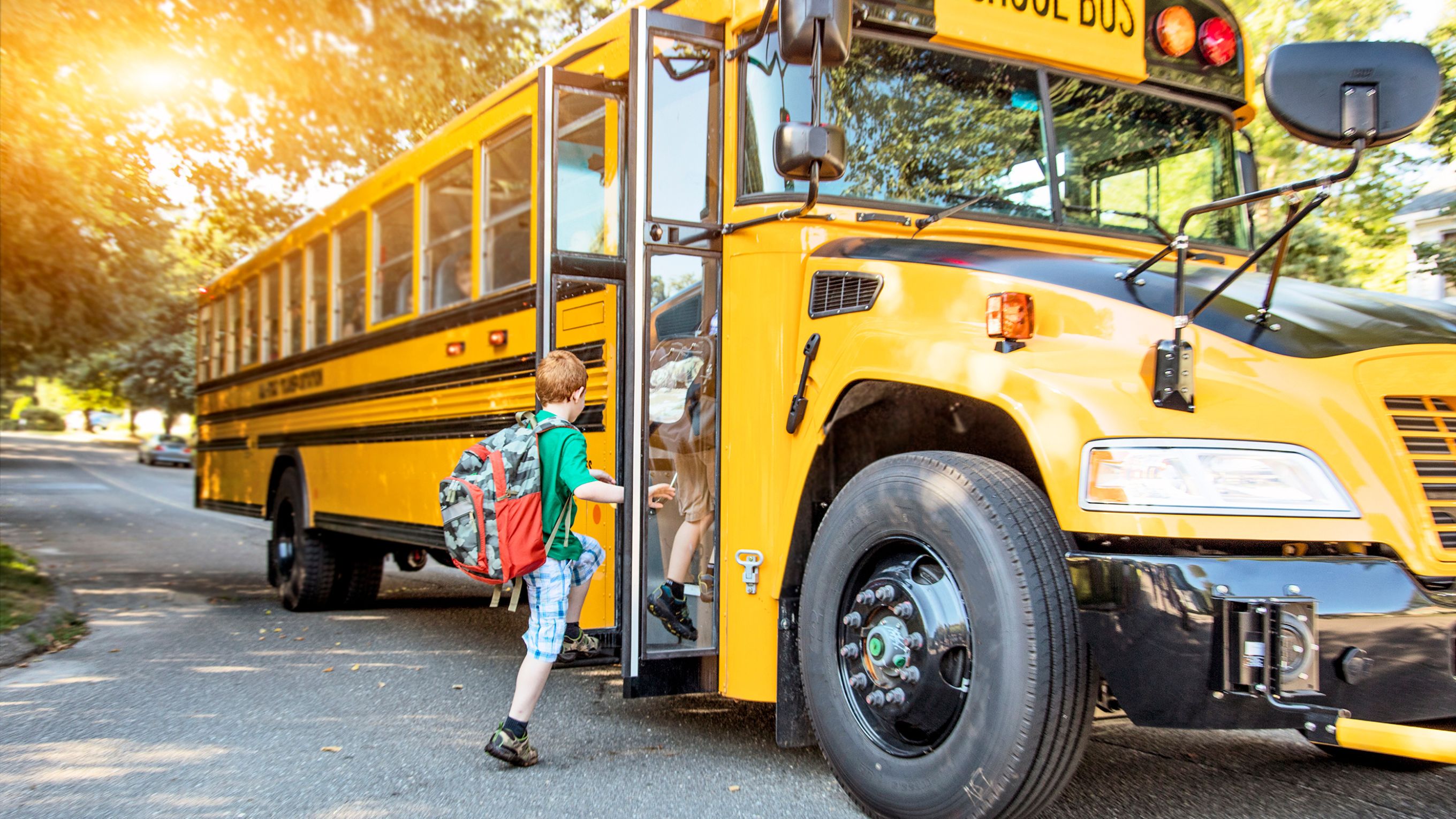
UAE and Yemen Strengthen Legal and Judicial Cooper
UAE and Yemen attorney generals met in Abu Dhabi to strengthen legal ties, enhance public prosecutio

Schools are much more than buildings with classrooms—they are vital institutions that shape the intellectual, social, and moral fabric of society. In today’s fast-paced world, the importance of education goes beyond academic success; it encompasses the development of well-rounded individuals who can contribute meaningfully to their communities. The role of schools is multifaceted, focusing on the cultivation of knowledge, the shaping of character, and the fostering of a strong sense of community. By fulfilling these functions, schools remain indispensable pillars of society.
At the heart of every educational institution lies the pursuit of knowledge. Schools provide a structured environment where students acquire essential academic skills, from reading and writing to mathematics, science, and technology. Beyond rote memorization, modern teaching methods emphasize critical thinking, problem-solving, and analytical reasoning. These approaches ensure that students not only learn facts but also understand how to apply them in real-life situations.
Access to diverse learning resources, including libraries, digital platforms, and laboratory experiences, further enhances the process of knowledge acquisition. Students are encouraged to explore topics beyond the standard curriculum, fostering intellectual curiosity and a lifelong passion for learning. By nurturing knowledge, schools prepare individuals to succeed academically, professionally, and personally.
Education is not solely about academic achievement; it is also a key avenue for character development. Schools play a crucial role in instilling values such as honesty, integrity, empathy, and responsibility. Through guidance from teachers, structured programs, and experiential learning, students develop a strong moral compass that guides their decisions and interactions.
Extracurricular activities such as sports, arts, and community service provide practical opportunities for character development. Participation in these activities teaches perseverance, teamwork, leadership, and respect for others. By emphasizing character building alongside academics, schools produce individuals who are not only knowledgeable but also ethical, compassionate, and socially responsible.
Another critical function of schools is the development of social and emotional competencies. The classroom environment provides students with the opportunity to interact, collaborate, and resolve conflicts constructively. These interactions help students cultivate essential skills such as communication, empathy, adaptability, and problem-solving.
Programs that focus on emotional intelligence, mindfulness, and peer collaboration further enhance students’ ability to manage stress, build resilience, and maintain healthy relationships. These skills are invaluable in personal life, professional settings, and community engagement. By supporting both academic and emotional growth, schools prepare students to navigate the complexities of modern society with confidence and maturity.
The content of this article is for informational and educational purposes only. The views and opinions expressed do not necessarily reflect the official position of CNI news network. Readers are encouraged to verify information and seek professional guidance where necessary.